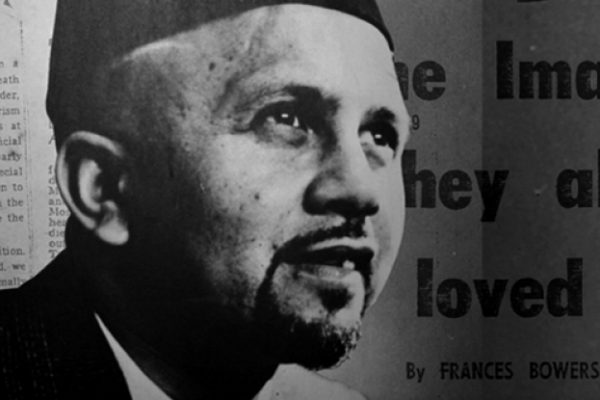As Muslims living in the West, we often struggle to find the balance between religious morals and pride, and our secular identity. The rise of Islamophobia and Nationalism in our countries has intensified this internal struggle. As adults trying to navigate this complicated and sometimes daunting issue, we forget about the most delicate and vulnerable members of our society, our children. How are they reacting to Islamophobia? More importantly, how can we help them take pride in their Muslim identity and nurture their self-confidence?
These are the questions the Noor Kids team wants to answer.
[youtube id=”AGwEWBvAKyc”]Amin G. Aaser began Noor Kids in 2011 inspired by his own struggles with his Muslim-American identity as a child. In a video on the Noor Kids website, Aaser admits to asking his mother to pick him up 15 minutes late from his childhood baseball games because she wore the hijab and he did not want to be identified as a Muslim. It is a story familiar to many Muslim children and Aaser and his team have made it their mission to develop educational and entertaining media to create a sense of belonging and identity for Muslim children in the West.
Earlier this year, the Noor Kids team conducted a small study in San Francisco, California to examine how children perceived themselves as Muslim-Americans. The team modeled their experiments after research conducted by Kenneth and Mamie Clark in the 1930’s and 40’s. In the Clark’s experiments, which have come to be known as the Clark Doll Tests, the researchers asked African-American children to choose between two identical dolls, one which had light skin and the other dark. The children were asked questions like “which doll is nice” or “which doll looks bad.” They found that when asked to identify the doll with a positive trait, the majority of children chose the “white” doll while identifying the “black” doll as the one with negative traits. The study was replicated as late as 2005 with almost identical results.
The doll studies show that even young children have developed what is known as “internalized oppression,” meaning that their cultural environment, and the biases therein, have created an inferiority complex within the child’s identity. In other words, children see themselves as inferior because the dominant culture has taught them to do so.
The Noor Kids team wanted to explore how the current environment of Xenophobia and Islamophobia in the West has affected children and their view of themselves as Muslims. Taking inspiration from the doll experiments, the team modified their study to examine religious identity rather than race. Their data revealed some alarming trends in Muslim-American children. A third of the respondents “did not want to tell others that they were Muslim.” Half of them “did not know whether they could be both American and Muslim.” Most troubling, “1 out of every 6 children would pretend not to be Muslim.”
 In the coming year, the Noor Kids team is preparing to conduct research in 5 to 10 cities across North America in order to collect a larger and more diverse group of data to analyze, and offer solutions for concerned parents, teachers, and community leaders. Research such as this has never been done before and their efforts have already been supported by people across the globe.
In the coming year, the Noor Kids team is preparing to conduct research in 5 to 10 cities across North America in order to collect a larger and more diverse group of data to analyze, and offer solutions for concerned parents, teachers, and community leaders. Research such as this has never been done before and their efforts have already been supported by people across the globe.
Western culture is currently in turmoil between its old elitist, exclusionary societies and the new inclusive, integrated communities. The terms “American”, “British”, or “French” are no longer synonymous with “Christian” or “Secular” and this concept will take years and maybe generations to be accepted by many. Preparing the next generation for the heavy burden of continuing to bridge the Muslim v.s. West complex is no small task, and understanding the challenges we face as parents and educators is the first of many steps we must take. Studies like this one will shed light on the mountains we must climb and give us the tools and ideas to conquer the peaks.
For more information or to donate to their cause, please check out their LaunchGood or Facebook page.





